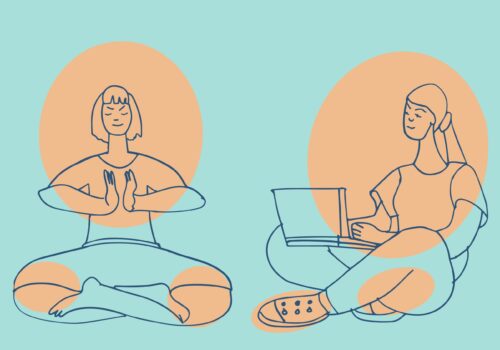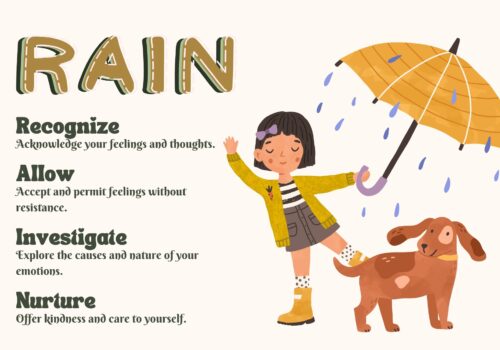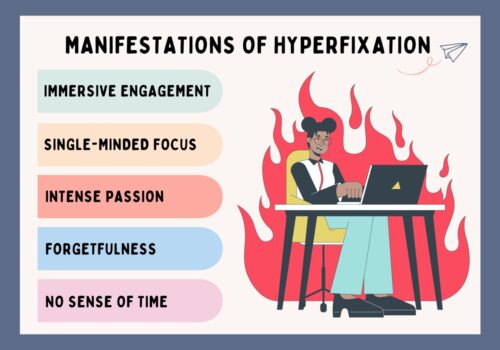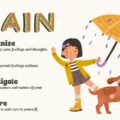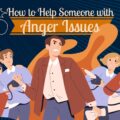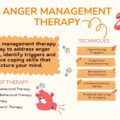Being alone and feeling lonely can sometimes come across as a play of words but these words have different implications. There is a world of difference between being alone and feeling lonely.
We can crave being alone, or as we often refer to it, “me time”, so that we can view circumstances objectively, make decisions with clarity, or simply because we need a break. It brings a feeling of contentment and tranquility that usually leaves us refreshed. Feeling lonely on the other hand, and dealing with it can be a grim experience that takes a toll on you.
While most people define loneliness as a state of isolation, solitude or being alone, it isn’t always equivalent to being alone. One could have social contact or be in the company of people and still feel lonely. On the other hand, one could be alone and not feel the least bit lonely.
Thus, loneliness is a state of mind. It is a mental state in which a person feels lonely, without a sense of belonging or connection to those around. One peculiar thing about this condition is that it affects everything about a person, so much that the importance of social connection is emphasized.
We all feel it at some point. The recent pandemic and lockdown which lasted months and for some, years, was a stark reminder for most people of the toll that social isolation and loneliness can take on us. Statistics have shown that loneliness is becoming increasingly prevalent, particularly in the younger generation.
While this condition isn’t a mental illness in itself, a constant or prolonged state of loneliness can be detrimental to a person’s mental health. How?
There are a number of ways that loneliness can affect mental health which in turn will affect the overall health of a person, and a few of them are highlighted below.
Loneliness Can Breed Anxiety
Over time, loneliness gives way to constant and persistent thoughts that can cause emotional distress. These thoughts can cause a person to spiral and fall down the “anxiety well”. Anxiety disorders can increase emotional and psychological stress which increases the production of stress hormone in the body and can progress to health–damaging conditions such as rapid heart rate, palpitations, chest pain and put a person at risk for hypertension and cardiac arrest. Persistent anxiety causes real emotional distress and at the worst, can lead to a person developing disorders such as panic attacks, phobias, personality disorders and obsessive behaviors.
Loneliness Often Leads to Depression
Depression is a progressive mental illness that negatively affects how you feel, the way you think and how you act. It is characterized by feelings of sadness, a loss of interest in things one once enjoyed, and a lack of enthusiasm for social interaction.
It’s no surprise that loneliness and depression seem to go hand in hand, and research has shown that loneliness is one of the leading causes of depression. Loneliness tends to weigh you down as strongly as depression does and it can either increase the risk of depression or worsen its symptoms.
When left untreated, it gets worse, leading to a variety of emotional, behavioral and health problems that affect every area of your life.
Prolonged feelings of loneliness can also make one feel inferior to others, especially when it seems that as much as one tries, one can’t find a connection to other people. It could make a person question themselves and their social standing which can break an already fragile mind.
Loneliness Can Feed Addictions
It is easy to fall into the vicious cycle of addictions and vices when we feel detached from the rest of the world. Most people find it easy to turn to substance abuse to get away from the nagging thoughts or constant feeling of emptiness that are characteristic of a state of loneliness. This substance abuse often leads to addiction which isn’t easily broken.
In such cases, it makes the people involved even more detached from society and increases the risk of self-harm.
Loneliness Can Cause Poor Decision Making
When we feel deeply connected to people and situations around us, it boosts our productivity. People who have social connections are able to share burdens and carefully consider options with others before making a decision. Loneliness can muddle one’s thoughts. A clouded mind is often times not objective, indecisive, and unsure which makes it difficult to make clear, objective and right decisions.
Loneliness Can Also Increase the Risk of Suicidal Death
Nearly every suicide attempt happens outside the purview of other people. It is almost impossible for a suicide attempt to be successful when the person is surrounded by others. Loneliness fuels the feeling of being unwanted, empty and lost which increases the risk of suicidal death. A person that feels in no way connected to others might think that no one truly wants them around and find it easier to take their own life, thinking it is of no value.
Social connections therefore keep us tethered. These connections reduce emotional distress and psychological stress and boost our mental health, comfort and resilience. It is easier to move on from a traumatic experience or break away from vices when one is surrounded by love and support.
Deep, strong connections are pivotal and essential to our wellbeing. Studies have looked at the link between social connection and well-being, and all have shown that one strongly impacts the other.
One of such studies is a Harvard research that studied people for about 80 years. The outcome showed that the healthiest and happiest folks were those who had stronger social connections. Social connection was in fact, the key variable that predicted their happiness and longevity.
However, these connections do not always have to be deep or strong. Casual interactions with neighbors or acquaintances can also improve our outlook and productivity daily.
So, as much as loneliness can be damaging to mental and physiological wellbeing, social connection often undoes its effects and preserves our health and mental health in more ways than one.






